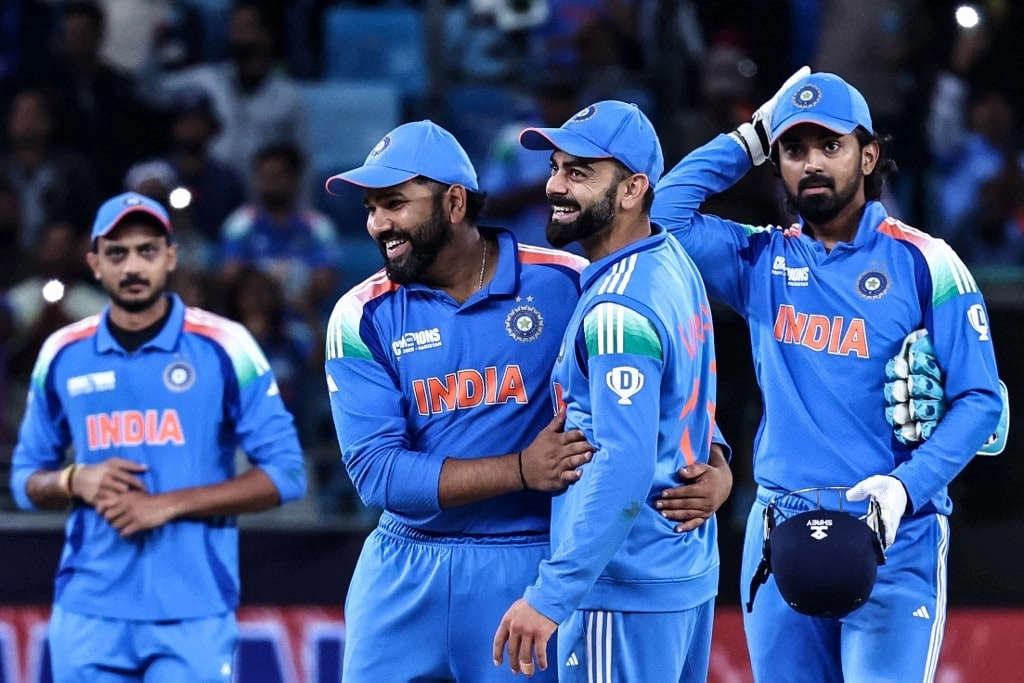Recent reports have surfaced regarding Rohit Sharma’s sentiments about being overlooked for the ODI captaincy. According to these claims, Sharma had expressed his thoughts on the matter some time ago, indicating that the decision to not appoint him as the captain of the ODI team was unexpected. This revelation has sparked discussions among fans and analysts alike, as Sharma has been a pivotal player for the Indian cricket team, particularly in the limited-overs format.
The reports suggest that Rohit Sharma was initially considered a strong candidate for the ODI captaincy, especially following his successful tenure in T20 cricket. His experience and leadership skills have been instrumental in India’s recent successes, leading many to believe that he was the logical choice to take over the reins in the 50-over format. However, the decision-makers opted for a different direction, leaving Sharma to ponder the implications of this choice on his career and the team’s dynamics.
Sharma’s reaction, as reported, reflects a blend of disappointment and understanding of the complexities involved in team selection and leadership roles. Captaining a national side, especially in a cricketing powerhouse like India, comes with immense pressure and scrutiny, and the decision to appoint a captain often involves numerous factors beyond just performance metrics. As discussions continue to unfold, fans and cricket enthusiasts are eager to see how this development will influence Sharma’s approach in future matches and his overall role within the team.
In light of these developments, it is essential to consider how this situation might affect team morale and cohesion. Rohit Sharma’s leadership qualities have been widely praised, and his exclusion from the captaincy may raise questions about the team’s future strategies and leadership hierarchy. As the Indian cricket team prepares for upcoming tournaments, the impact of such decisions will undoubtedly play a crucial role in shaping the squad’s performance on the international stage.




